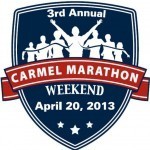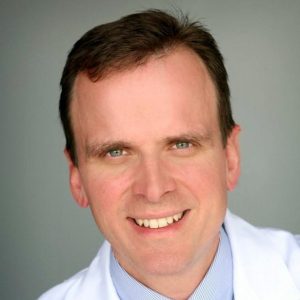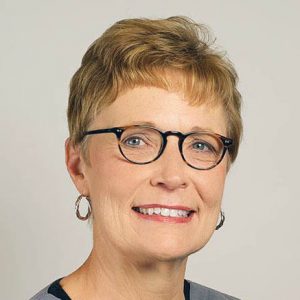News
January and February 2013 Indiana Vein Specialists Newsletter

A Message from Dr. Schoonover
Thanks so much to those of you who helped us stock the shelves of the Hamilton County Harvest Food Bank. We appreciate your donations to feed the 175 hungry families served each week by the food bank.


In our last issue we announced that Dona Rice has joined our staff. Dona has been a registered nurse (RN) for over 30 years and has registries in vascular (RVT) and adult cardiac (RDCS) sonography for over 20 years. She has experience in ICCU, cardiac rehab, internal medicine, and cardiology offices. Here is her photo. Please say hello to Dona when you are in the office.
Ask The Doctor
Q. What is the most common cause of varicose veins?
Not surprisingly, the most common cause is heredity. Heredity is a primary factor in over 80% of varicose vein cases. Other contributing factors may include pregnancy, obesity, hormone therapy, standing or sitting for long periods of time and injury.
Sclerotherapy by Maggie Haley, R.N.

The gold standard for the treatment of spider and reticular veins is surface sclerotherapy. Maggie Haley, R.N. performs most of our sclerotherapy treatments under the direction of Dr. Schoonover. We asked Maggie to tell you about the treatment and how it works.
Compression bandages or graduated compression stockings are required after sclerotherapy to allow the vein walls to stick together. Here is our page on Sclerotherapy.
2013 Carmel Marathon – April 20, 2013
 Indiana Vein Specialists is pleased to again sponsor the Carmel Marathon. This partnership, which we began with the 2012 marathon, helps us spread the important message to “keep those legs and veins moving”. Exercise is critical to preventing vein disease.
Indiana Vein Specialists is pleased to again sponsor the Carmel Marathon. This partnership, which we began with the 2012 marathon, helps us spread the important message to “keep those legs and veins moving”. Exercise is critical to preventing vein disease.
All races begin and end near the Palladium at the Center for the Performing Arts in Carmel, which is a great vantage point for friends and family to cheer on the participants. Following the races there will be music in the grassy area on the Center Green. There is even a post-event Official After Party outside the Carmel City Center at 6 p.m. on the 20th. This is a free event open to everyone. Enjoy music as well as the various restaurants the City Center offers.
Dr.Schoonover Attended Continuing Medical Education Conference

